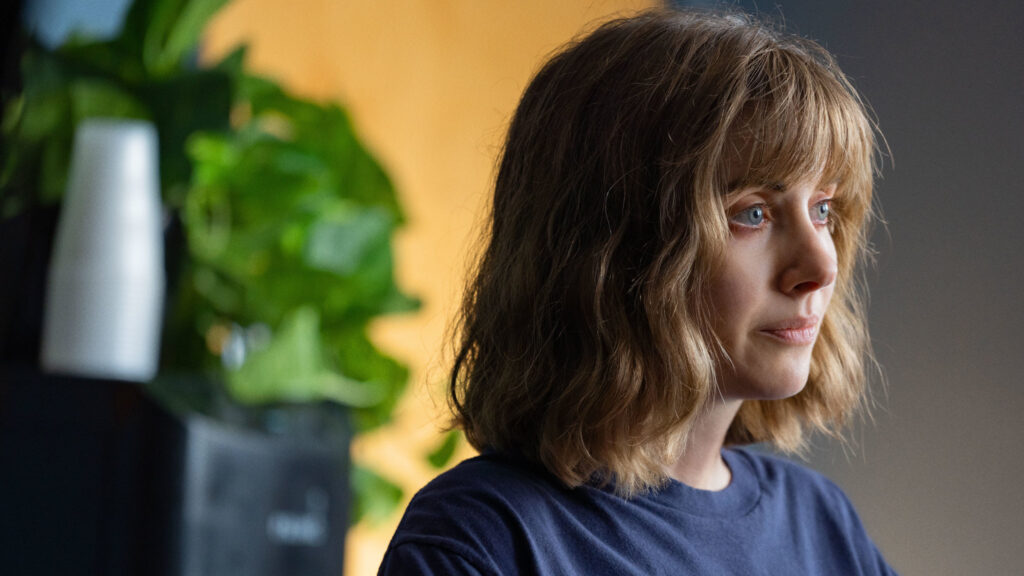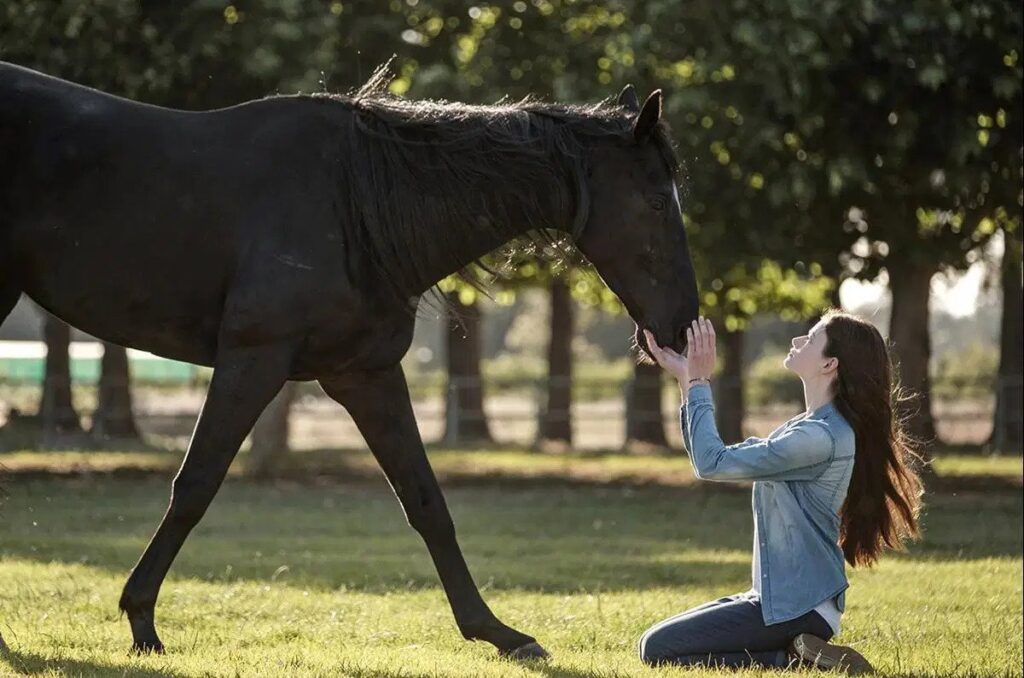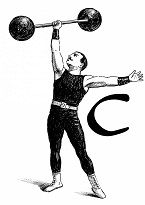Directed by Jeff Baena, “Horse Girl” is a film most notable for its abstract narrative and supernatural imagery. Alison Brie brings her personal experiences to the screen in this 103-minute film that follows a young woman as her lucid dreams take over her life.
Sarah (Alison Brie) is an awkward young woman from Los Angeles who lives a mundane life. She works in an arts and crafts store and is obsessed with a supernatural crime show. Her life is great until she begins to experience disturbing dreams and inexplicable time jumps. When these increasingly worrying events creep into her waking life, she struggles to separate her visions from reality.
Alison Brie stars in the lead role as Sarah, and her performance is brilliant. Director Jeff Baena (along with co-Writer Brie) do a great job of delving into how Sarah is experiencing these events—as well as how it affects those around her. Molly Shannon plays one of Sarah’s few friends, both working in the same run-of-the-mill craft store discussing DNA tests and agate chunks. Disney Channel alumni Debby Ryan also stars as Sarah’s roommate. One of the film’s producers, Jay Duplass, also appears in the movie. The Producer/Director plays Sarah’s social worker after she is committed to a mental institution.
As well as taking the lead role, Alison Brie serves as Producer and Writer, pouring her own experiences and family history into the film. “Horse Girl’s” psychedelic presentation makes sure to keep two colours in focus; a peach/pink and blue/grey. The cool grey shows when Sarah is more coherent, whereas the warmer shade shows when Sarah is less lucid. This warmer colour appears when Sarah constructs an unusual outfit made of the peachy fabric. Despite its zany narrative, “Horse Girl” flows smoothly over the 103-minutes. The acting, script. and filmmaking all mix to create a film that oozes both authenticity and complexity.
Josiah Steinbeck and Jeremy Zuckerman create a score that adds another layer of uneasiness. Ryan Brown’s editing does a brilliant job of mixing Sarah’s visions and reality. Even though “Horse Girl” deals with deep themes like mental illness, it’s held back by not delving too deep; viewers only get to see the film from Sarah’s perspective. You could argue that the film explores the idea of alien abduction and the existence of extra-terrestrial life, albeit through various visions and dreams.

Viewers can interpret the ending for “Horse Girl” in many ways, depending on how your perception. If you considered what Sarah experienced to be a product of her mental illness, you could argue that the ending is a metaphor for Sarah’s suicide. However, if you genuinely think Sarah experienced these events, it could imply that Sarah was abducted by aliens. It all depends on how you interpret the film.
If you want to follow another main character’s descent into chaos, then you should watch the 2019 horror “Midsommar’. “However, if you’re looking to delve into the idea of doppelgängers and clones (something that Sarah experienced with her grandmother), then the 2013 Jake Gyllenhaal thriller “Enemy” should be on your radar.
Overall, Director Jeff Baena provides viewers with a unique take on how mental health affects both the sufferer and the people around them. Baena also shows the correlation between mental illness and the theories about alien abductions. If you want a film with heavy themes, bizarre ideas, and gorgeous filmmaking, then “Horse Girl” is for you.
*”Horse Girl” is currently available to watch on most streaming platforms.


